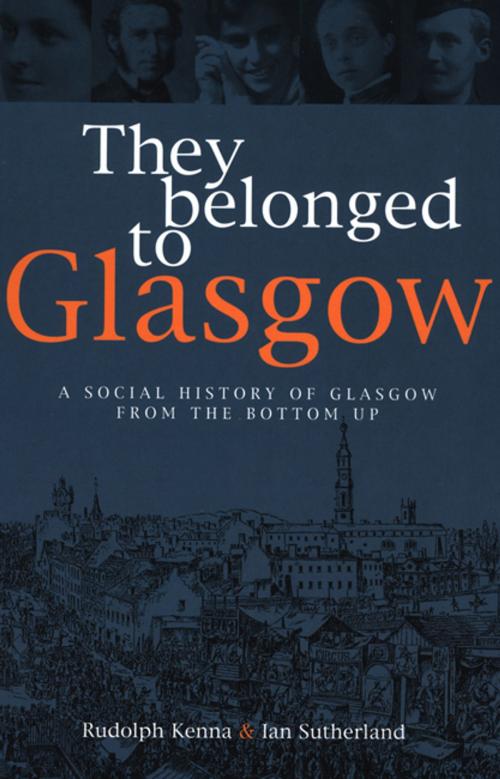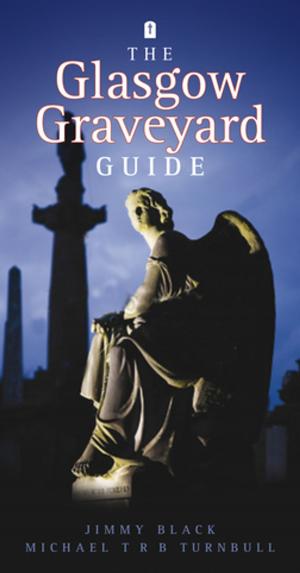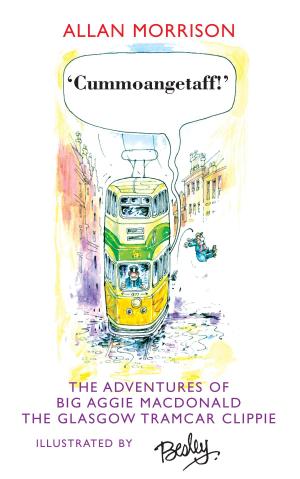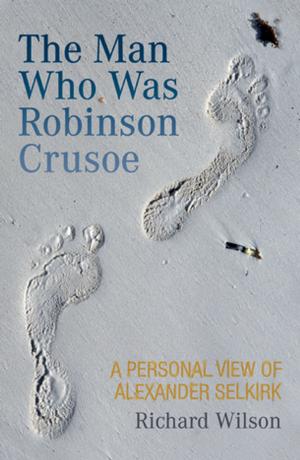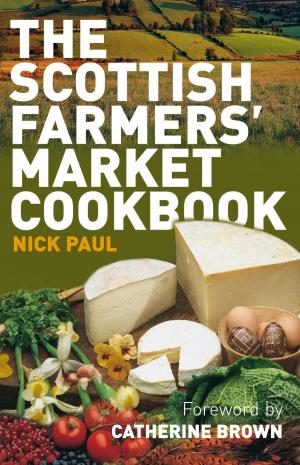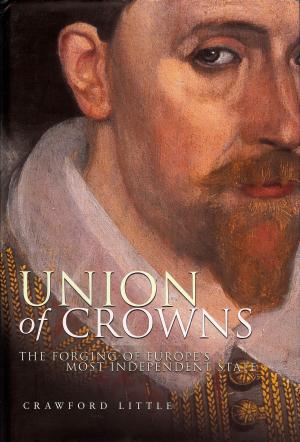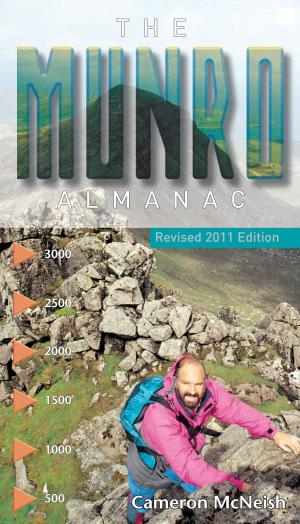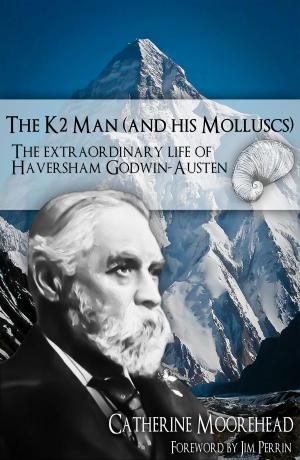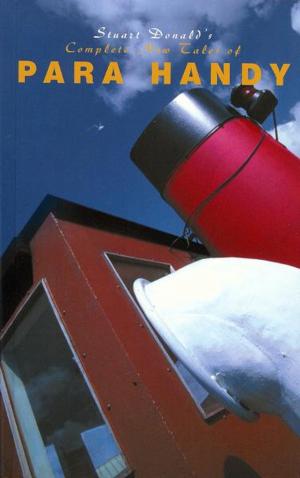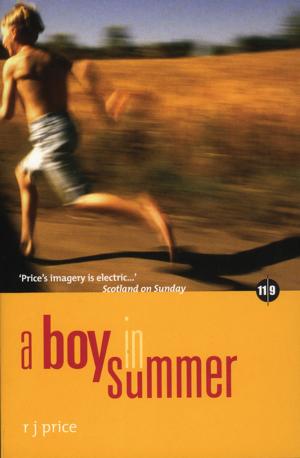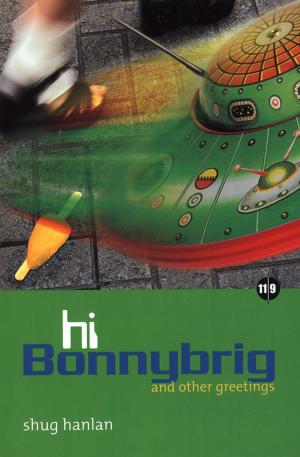| Author: | Rudolph Kenna | ISBN: | 9781906476458 |
| Publisher: | Neil Wilson Publishing | Publication: | April 30, 2011 |
| Imprint: | Neil Wilson Publishing | Language: | English |
| Author: | Rudolph Kenna |
| ISBN: | 9781906476458 |
| Publisher: | Neil Wilson Publishing |
| Publication: | April 30, 2011 |
| Imprint: | Neil Wilson Publishing |
| Language: | English |
Glasgow's current status as a cult city with a worldwide reputation for chic clubs and hip hotels is deserved, but its humble origins lie in the medieval town based around the High Street and in the numerous villages which once lay outside the city boundaries. As the city spread these communities, such as like Anderston and Partick, were consumed and the social conditions within them gradually altered. This book charts these changes through eye-witness accounts drawn from archives and the local presses. Rudolph Kenna and Ian Sutherland start this accessible social history in 1751 with a report on a flea circus presented by John Jarvis in a flat in the Trongate. Many of the entries from then on reflect the myriad activities and happenings that occurred in all walks of life on the banks of the Clyde. Which city MP was a spanker? What did Mr Wong Chong do in 1959? What did debs do in Rose Street? Why did Edward Helley fiddle his gas meter? Who were the Romeos? Who ate 19 pies and went home for his tea? And many of them reveal the sheer hardship of life all those years ago. In 1774, a New York gentleman wrote to a friend in Glasgow, describing the arrival of the brig Nancy, carrying evicted Highlanders from Sutherland to America. Emigrants had been 'treated with unparalleled barbarity'. Nearly 100 died during the voyage. Of 50 babies and infants, 49 were dead. Of seven women who gave birth on the ship, only one was alive. All new-born babies died. The captain 'narrowly escaped the vengeance of the law' by leaving port 'with his vessel in the night.' This is the history of Glasgow from an everyday point of view, written from the bottom up.
Glasgow's current status as a cult city with a worldwide reputation for chic clubs and hip hotels is deserved, but its humble origins lie in the medieval town based around the High Street and in the numerous villages which once lay outside the city boundaries. As the city spread these communities, such as like Anderston and Partick, were consumed and the social conditions within them gradually altered. This book charts these changes through eye-witness accounts drawn from archives and the local presses. Rudolph Kenna and Ian Sutherland start this accessible social history in 1751 with a report on a flea circus presented by John Jarvis in a flat in the Trongate. Many of the entries from then on reflect the myriad activities and happenings that occurred in all walks of life on the banks of the Clyde. Which city MP was a spanker? What did Mr Wong Chong do in 1959? What did debs do in Rose Street? Why did Edward Helley fiddle his gas meter? Who were the Romeos? Who ate 19 pies and went home for his tea? And many of them reveal the sheer hardship of life all those years ago. In 1774, a New York gentleman wrote to a friend in Glasgow, describing the arrival of the brig Nancy, carrying evicted Highlanders from Sutherland to America. Emigrants had been 'treated with unparalleled barbarity'. Nearly 100 died during the voyage. Of 50 babies and infants, 49 were dead. Of seven women who gave birth on the ship, only one was alive. All new-born babies died. The captain 'narrowly escaped the vengeance of the law' by leaving port 'with his vessel in the night.' This is the history of Glasgow from an everyday point of view, written from the bottom up.
